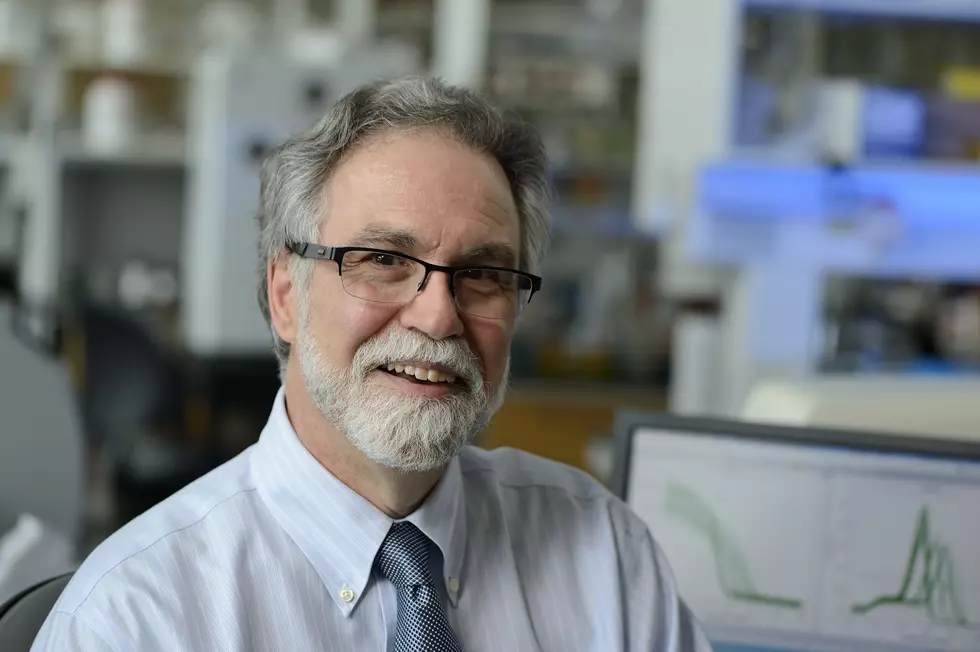
Teacher From Lower Hudson Valley Awarded Nobel Prize
A teacher who grew up in the Hudson Valley received the most prestigious science award in the world.
On Monday, Gregg L. Semenza, M.D., Ph.D. was awarded the 2019 Nobel Prize in Physiology or Medicine by the Nobel Assembly at the Karolinska Institutet. He shares the award with scientists William G. Kaelin, Jr., M.D. of the Dana-Farber Cancer Institute and Peter J. Ratcliffe of Oxford University.
Semenza who's the C. Michael Armstrong Professor of Medicine at the Johns Hopkins University School of Medicine won the award for his discoveries on how cells respond to low oxygen levels have the potential to result in treatments for a variety of illnesses.
Semenza says his love for science came from his biology teacher, Rose Nelson, at Sleepy Hollow High School in Westchester County.
“She was unbelievable,” Semenza told the New York Times. “She transmitted the wonder and joy of science and scientific discovery. She set me on a course to science.”
After high school, he attended Harvard University. He's authored more than 400 research articles and book chapters, which have been cited more than 130,000 times.
According to the Johns Hopkins University School of Medicine Semenza's received the most prestigious science award in the world for his groundbreaking discovery of hypoxia-inducible factor 1, or HIF-1, the protein that switches genes on and off in cells in response to low oxygen levels. The discovery, along with Semenza’s additional work clarifying the molecular mechanisms of oxygen regulation in cells, has far-reaching implications in understanding the impacts of low oxygen levels in blood disorders, blinding eye diseases, cancer, diabetes, coronary artery disease and other conditions.
“This is a momentous day for all of us at Johns Hopkins, and we are immensely proud,” says Ronald J. Daniels, president of The Johns Hopkins University. “Gregg’s passion for discovery and the energy with which he pursues that passion exemplify Johns Hopkins’ commitment to create new knowledge that helps make a better and more humane world. That hunger to always know more is what makes Gregg and our Johns Hopkins faculty so extraordinary.”
More From Hudson Valley Post









